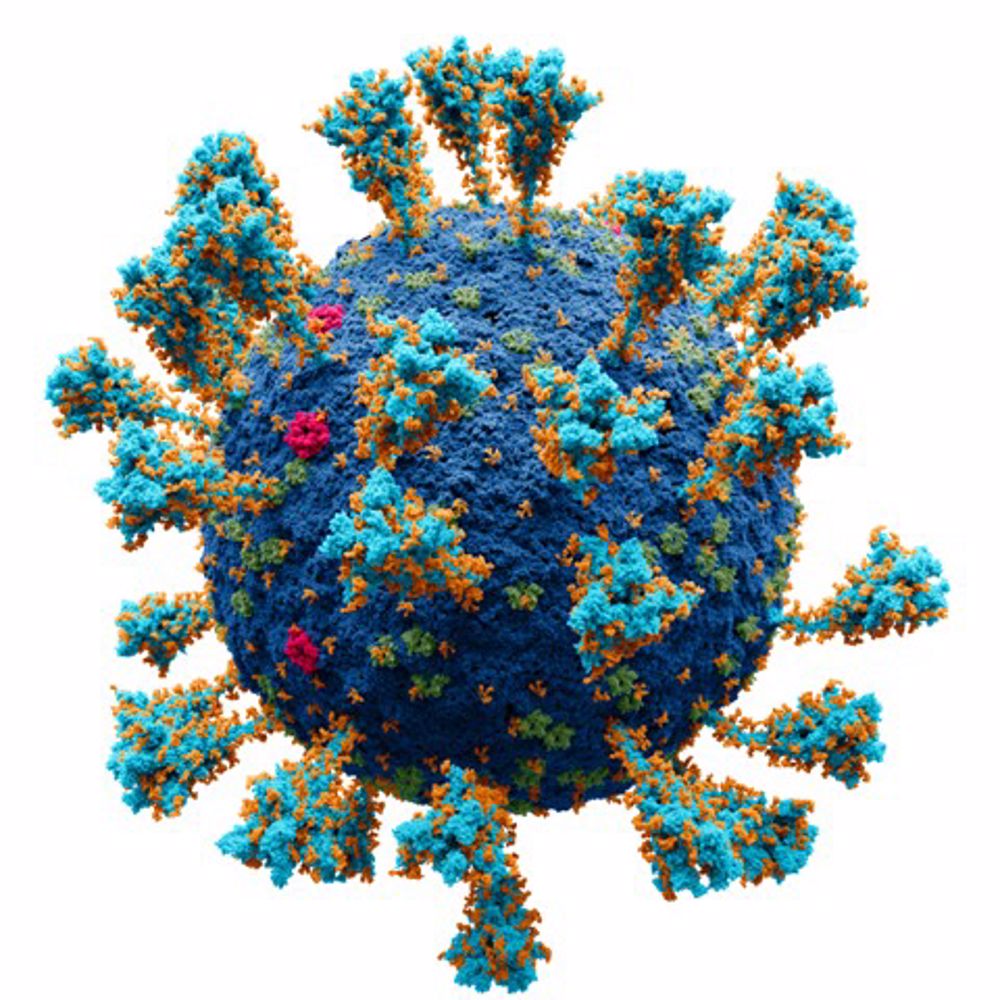Engineering Sustainable Nutrition and Wellbeing – food for thought
With global population expected to reach 8.5 billion by 2030 and 11.2 billion by the end of the century, demand on resources such as water, energy, food, and raw materials will continue to increase. This growth in population presents two most important challenges for mankind; food security and climate change (Gleizer et al 2020).
In addition to the challenges of improving process sustainability, transition to a circular economy, energy and water efficiency, and environmentally friendly food manufacturing practices, the ongoing global pandemic COVID-19 has stirred the food research debate to further improve global food security and food system resilience (Bakalis et al 2020). The contribution of chemical engineers worldwide in delivering the goals of sustainable water, energy, food, and wellbeing is vital.
The state of our food system can be divided into three distinct stages:
1. food system prior to COVID-19;
2. food system during COVID-19;
3. food system for the future.
COVID-19 is a global pandemic which, at the time of writing, has infected more than 15 million people in nearly 210 countries around the world and resulted in around 600,000 deaths.
A pandemic of this scale has its parallels only to the historical Spanish flu during WW1 and has severely impacted the global food security and supply chains (Woods et al 2020). The impact of this pandemic on health and wellbeing of the people is clear and the accessibility to nutritious food is thus ever so much important to the physical and mental wellbeing of people (Bakalis et al 2020).
Scientific evidence of the impact of nutrition and healthy diet on the mental health and wellbeing of the consumers is widely available (Adan et al 2019) and reaffirms the requirements to strengthen the research within food process engineering to counter the stresses of unexpected events such as COVID-19 on food systems in the future.
Prior to COVID-19, the diverse technological innovations spearheaded by chemical engineers have focussed on sustainable food manufacturing techniques including environmental impact of plant based foods, food waste innovation, reducing post-harvest loss, innovation in food packaging, regenerative agriculture, water and energy reduction, utilisation of novel ingredients by food manufacturers and retailers (such as sea weed, hemp, spirulina) and development of complex food supply chains utilising the power of automation and digital technologies such as Industry 4.0.
During COVID-19 the food system and food supply chains have faced tremendous pressure with worried consumers stockpiling food products, retailers and food manufacturers struggling to meet the demand and requirements for longer shelf-life products, and fast changing consumer behaviour impacting the process of food production and supply.

Recent data from government statistics showed that the UK is only approximately 61% self-sufficient in all foods (Finlay and Ward 2020) and thus more emphasis on the development of British and local food manufacturing is required. Also, a policy shift in reassessing our food systems through developing a more robust food manufacturing technology for a resilient future is required.
Further emphasis on developing a more resilient food production systems to meet the sudden unexpected changes and demands brought by events such as COVID-19 through developing initiatives such as recovery of resources from waste streams from food production plants is required. Some examples of these recovery processes include development of a water-energy-food matrix such as using chemical and bio-engineering processes for wastewater treatment, fermentation-based protein (food) production for fish feed using keratin waste and conversion of waste streams into biobutanol for energy use (Udugama et al 2019).
References:
Adan, H.A.R, van der Beek, M.E, Buitelaar, J.K, Cryan, F.J (2019). Nutritional psychiatry: Towards improving mental health by what you eat. Journal of European Neuropsychopharmacology. Elsevier B.V (29), 1321-1332
Bakalis, S, Valdramidis, P.V, Argyropoulos, D, Ahrne, L (2020) Perspectives from CO+RE: How COVID-19 changed our food systems and food security paradigms. Journal of Current Research in Food Science, Elsevier B.V (3): 166-172
Finlay, J, Ward, M (2020). House of Commons Library, Food Security: what is it and how is it measured? URL: www.commonslibrary.parliament.uk accessed January 2021
Gleizer, S, Bar-On, M.Y, Ben-Nissan, R, Milo, R (2020). Engineering Microbes to Produce Fuel, Commodities, and Food from CO2, Cell Reports Physical Science 1, 100223. Cell Press: 1-8
Udugama, A.I, Petersen, A.H.L, Falco, C.F, Junicke, H, Mitic, A, Alsina, F.X, Mansouri, S.S, Gernaey, V.K (2019). Resource recovery from waste streams in a water-energy-food nexus perspective: Towards more sustainable food processing. Journal of Food and Bioproducts Processing, Elsevier B.V (119):133-147
Wood, A.J, Hutchinson, T.N, Powers, K.S, Roberts, O.W (2020). The COVID-19 pandemic and physical activity. Journal of Sports Medicine and Health Science. Elsevier B.V (2): 55-64